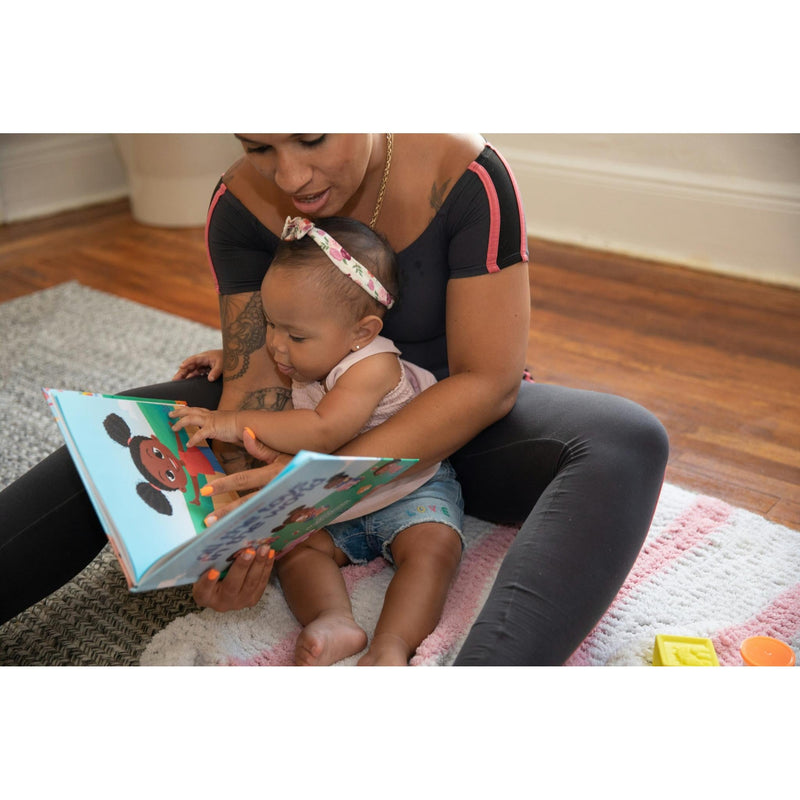
Pen Power: Why Children's Hearts and Minds Flourish When They Write by Hand Instead of Scrolling by Screen 🖊️💖📱
Picture this: Two children, both eight years old, spend their afternoon free time differently. Emma curls up in her favorite reading nook with a colorful journal, carefully forming letters as she writes about her day, her dreams, and her discoveries. Meanwhile, across town, Jake swipes through videos on a tablet, passively consuming content that vanishes as quickly as it appears. Fast forward ten years—which child do you think will have developed stronger writing skills, deeper self-awareness, and more meaningful connections to their own thoughts and feelings? The answer might surprise you with its profound implications for how we're raising the next generation. ✨📚👶
The Great Screen Takeover: What We're Really Trading Away 📱⏰💭
We're living through the largest shift in childhood experience since the invention of television. Today's children interact with screens for an average of 7+ hours daily, often replacing activities that once formed the foundation of cognitive and emotional development. While technology certainly has its place, we may be inadvertently trading away some of our children's most crucial developmental opportunities:
What screens often provide:
- Instant gratification and entertainment 🎮⚡
- Passive consumption of information 📺👀
- Fast-paced, constantly changing stimuli 🌪️📊
- External validation through likes and views 👍📈
- Shortened attention spans 🧠⏱️
What journaling uniquely offers:
- Deep reflection and self-discovery 🤔💫
- Active creation and personal expression 🎨✍️
- Slower, more thoughtful processing 🐌💭
- Internal motivation and personal growth 🌱💪
- Extended focus and concentration skills 🎯🧘♀️
The Confident Mindset Journal provides structured prompts that guide children toward this deeper, more reflective engagement with their own thoughts and experiences. 📔✨
The Magic of Pen to Paper: What Happens in a Child's Brain 🧠✨🖊️
Recent neuroscience research reveals fascinating differences between handwriting and typing—differences that have profound implications for children's development:
Enhanced Memory Formation 🧩💾
When children write by hand, they activate multiple areas of the brain simultaneously, creating stronger neural pathways and improving memory retention compared to typing or swiping.
Improved Reading Skills 📚👁️
The physical act of forming letters by hand helps children recognize letter shapes and patterns more effectively, leading to stronger reading comprehension and fluency.
Better Creative Expression 🎨💡
The slower pace of handwriting allows children's thoughts to develop more fully, often resulting in more creative and original ideas compared to rapid digital input.
Stronger Emotional Processing 💝🧘♀️
Writing by hand engages different neural networks that help children process emotions more deeply and develop better emotional regulation skills.
Enhanced Focus and Patience ⏰🎯
The deliberate nature of handwriting naturally builds attention span and patience—qualities that are increasingly rare in our instant-gratification culture.
The Curiosity Mindset Journal harnesses these benefits by encouraging children to explore their questions and observations through the powerful medium of handwritten reflection. 🔍📝
The Hidden Costs of Screen-Heavy Childhoods 📱⚠️💔
While screens aren't inherently evil, excessive screen time during crucial developmental years can impact children in ways we're only beginning to understand:
Shortened Attention Spans 🧠⏱️
Constant screen stimulation can make it harder for children to focus on slower-paced activities



0 comments